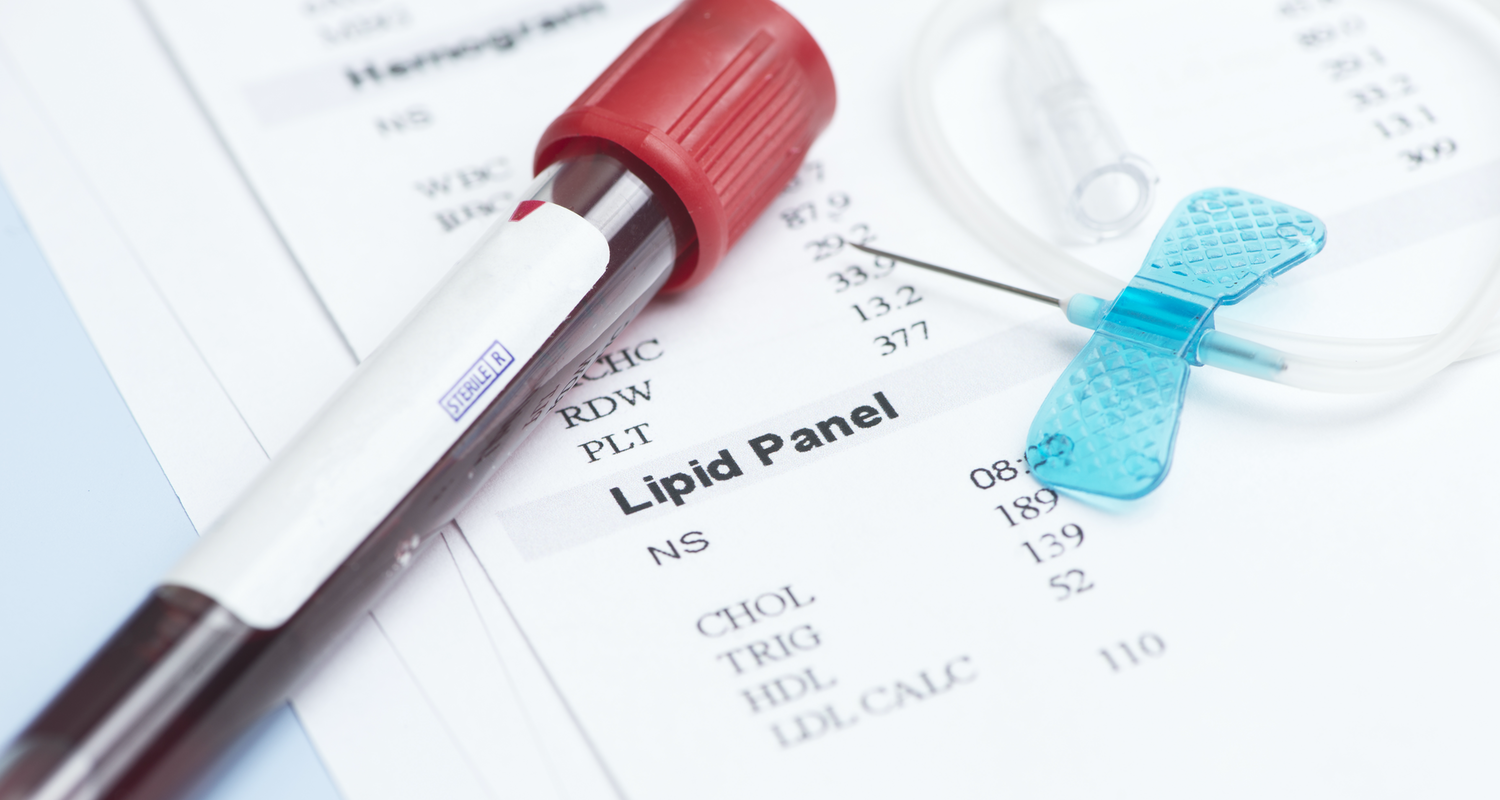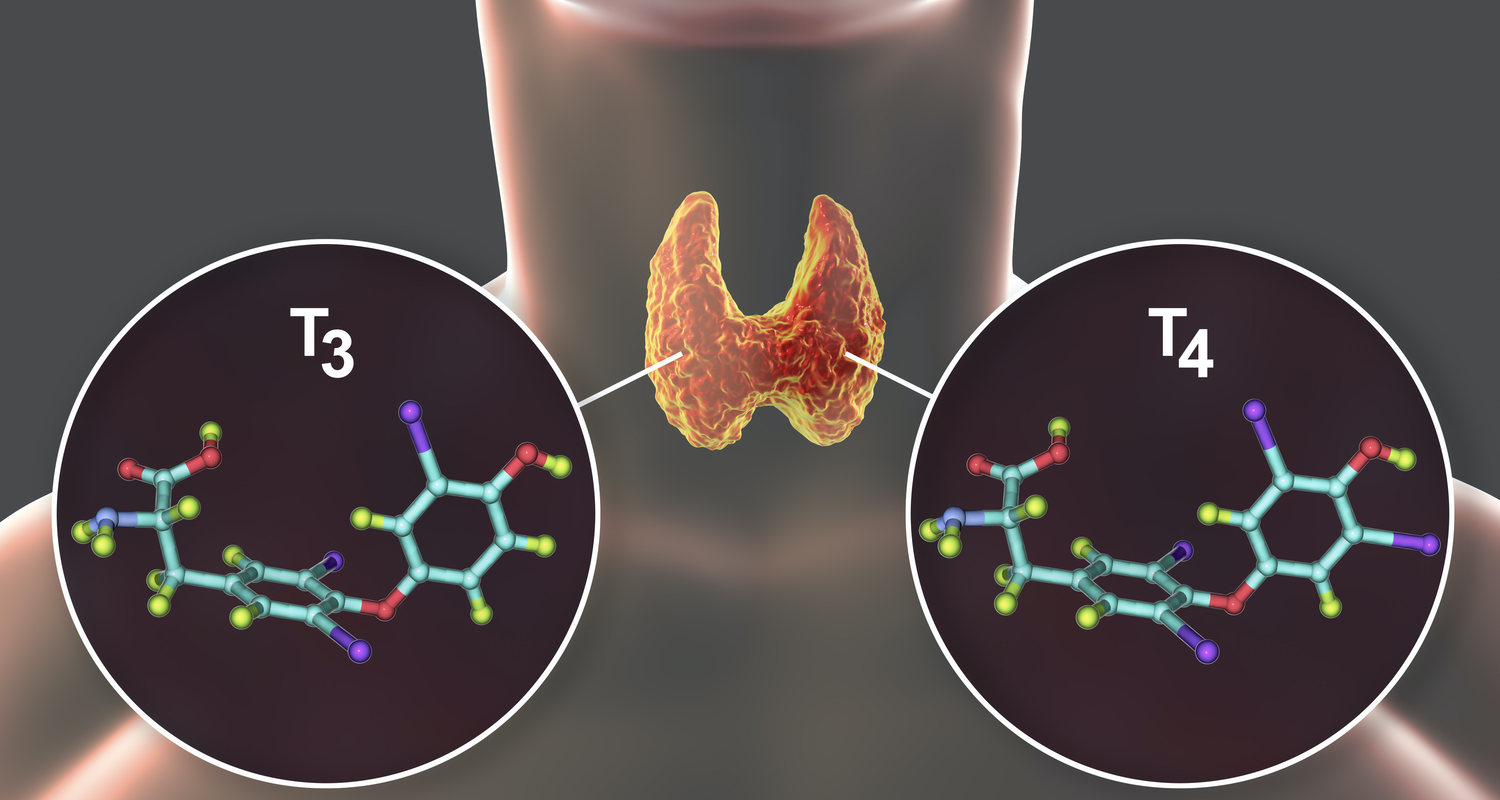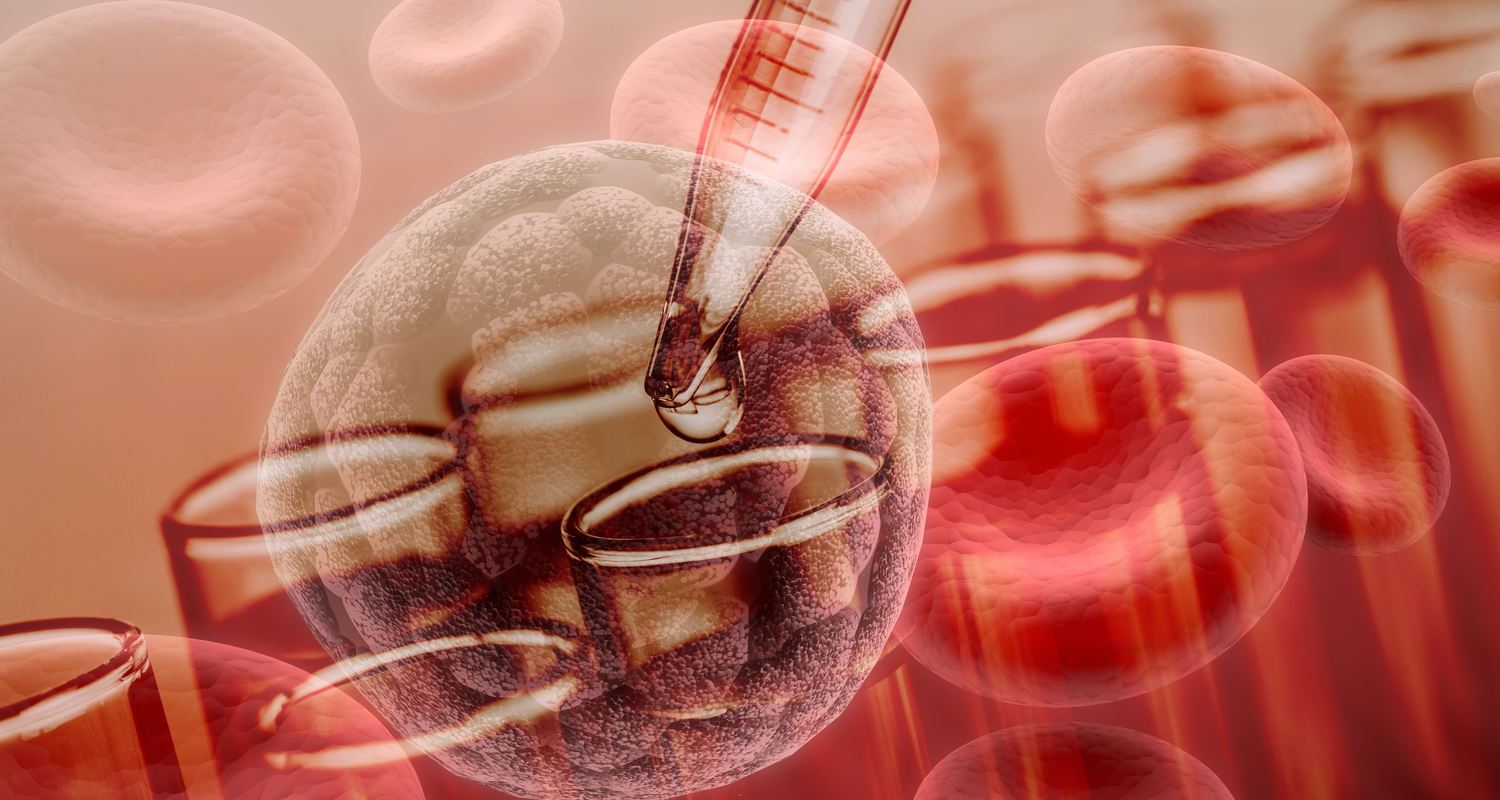Recommended Blood Work
BLOODWORK BEFORE A FAT LOSS PHASE
Getting bloodwork done at the onset of a prep or serious fat loss phase is certainly not required but, if you're anything like me, you like to gather as much data as humanly possible. A competition prep is no trivial endeavor. You'll likely be training harder than you ever have before. You'll most certainly be eating less. You'll assuredly be leaner than you ever have been. Sleep will be impacted. A competition prep can be a physiological miracle and nightmare all wrapped up into one. All of these "extremes" can have a profound impact on the body. It's wise to have a pulse on those changes and getting preliminary bloodwork done is a great way to do so. What follows is a list of some of the labs I personally test for. Again, don't feel obligated to test for these. Feel free to leave any off this list or add any to this list.

Lipid Panel
I like to test for a basic lipid panel. This test generally includes a measurement for total cholesterol, HDL cholesterol, LDL cholesterol, and triglycerides. These markers are often the cause for a lot of concern for people on the ketogenic diet. We've been told for so long that fatty cuts of red meat are guaranteed to clog our arteries and give us a heart attack. This is simply not true. Cholesterol is absolutely mandatory and should not be demonized. Cholesterol is actually the precursor to testosterone which is obviously a worthwhile hormone to have flowing through your body in abundance if you are trying to maximize performance, both in the gym and in the bedroom. It's not uncommon to see cholesterol numbers above the "ideal range" when first starting a ketogenic diet. After all, you are consuming a significantly higher intake of lipids when you switch from a Standard American Diet to a ketogenic lifestyle. However, after you become keto-adapted, your body learns how to assimilate these lipids and use them for fuel. Since they are being readily used, they aren't left floating around in the bloodstream to turn into plaque and cause a heart attack. I'm certainly not a doctor and I don't want to pretend to be an expert on cholesterol. However, I can confidently say that scientists have learned a ton about cholesterol over the past few years and much of the conventional wisdom that is in circulation still to this day is simply not true. Also, the "ideal range" for cholesterol is likely skewed because it is based on a sample size that predominately eats carbohydrates for fuel. Excess lipids in tandem with a diet based on carbohydrates is a recipe for disaster. However, this is not applicable to those of us that are following a ketogenic lifestyle. As such, a basic lipid panel's "ideal range" may not be the best window to measure against. Generally speaking, if I see a solid HDL and a relatively low triglyceride count, I'm pretty happy. I don't concern myself if LDL is slightly higher than what mainstream society deems to be "normal." If you want to dive deeper into cholesterol, I highly encourage you to check out the work by Dr. Nadir Ali and many others in the low-carb space. Dave Feldman is also a great resource and offers an interesting hypothesis for cholesterol levels in athletes. According to his theory, it may be common for those that are described as, "Lean Mass Hyper Responders" to have slightly elevated LDL levels. If you're an athlete following a ketogenic lifestyle, you likely fit within this LMHR definition. Again, let me reemphasize the point that I am NOT a doctor and I am not soliciting medical advice here. If you want to dive deeper, I certainly encourage you to do so. Take your health into your own hands, no one cares about it as much as you do, including your doctor. If you have a conventional doctor that is still preaching old-school methodology and believes carbs are great and fat is the devil, I encourage you to dive a bit deeper. They are likely stuck on what they learned in Med school back in the '70s during their one week of training allocated towards nutrition. There are numerous great resources for you on this subject matter. Put in some work and learn something. To conclude this section on lipids know that these numbers are subject to change within the context of a caloric deficit. I like to test at the beginning of the prep and also near the end to see how my body responds to the manipulations I make. Remember, what can be measured can be managed!

c-Reactive Protein
Another worthwhile test is C-reactive Protein or CRP. CRP is a homopentameric acute-phase inflammatory protein. That's basically a fancy way of saying that its level of expression is elevated in times of acute inflammation. It's been used as a marker for various types of inflammatory disorders. I like to keep tabs on it to ensure that none of the nutritional or training manipulations I'm making are resulting in unexpectedly high levels of stress on the body
Thyroid Panel
If you have the means, I would suggest testing for a basic Thyroid panel. The thyroid's main role in the endocrine system is to regulate metabolism. It is directly tied to our ability to efficiently break down food and convert it into energy. The thyroid works in tandem with our pituitary gland and hypothalamus to produce and excrete the appropriate amount of hormones to keep our body's metabolism functioning as it should. Having very high levels of thyroid hormone, hyperthyroidism as well as usually low levels, hypothyroidism, can both have a profound impact on our appetite and energy levels. Getting a preliminary thyroid panel that tests for T3, T4, and Reverse T3 at the beginning of this prep is a wise move to simply ensure you are starting with a solid foundation.
Hormone Panel
It makes a lot of sense to test your hormone levels at the onset of a competition prep. Whether you decide to go the route of performance-enhancing drugs and anabolic steroids or keep it natural rest assured, your hormone levels will most certainly change throughout this prep. This is a worthwhile test regardless of your sex, both males and females will benefit from it. I personally test for total testosterone, free testosterone, sex-hormone-binding globulin (SHBG), estrogen, and estradiol. Being in a caloric deficit, training intensely, reducing sleep, all can have a massive impact on your hormone levels and it's imperative to try and keep these levels in a healthy window. Having healthy levels of testosterone directly influences our ability to build muscle, decrease body fat, have proper mental focus, and confidence. These are all things we want to be sure of and optimize while going through contest prep and life in general.
Honestly, this is where following a ketogenic prep protocol truly shows its superiority to traditional dieting methods. Conventional bro wisdom suggests a significant drop in dietary fat while dieting down for a competition. This extreme drop in dietary fat has a direct impact on our ability to produce and maintain proper levels of testosterone and estrogen in our bodies. If you cut dietary fat drastically rest assured, you'll experience a serious dip in energy, mood, recovery, and libido. It's no wonder traditional "bro-dieters" are walking around like zombies in the latter stages of prep with no hustle, no energy, and no sex drive. Keep yourself and your significant other happy, eat more dietary fat!
By going through this competition prep within the realms of the ketogenic diet, we'll be keeping our dietary fat intake relatively high by default. This is a great way to ensure these hormone levels stay within reason. However, you will still see a significant dip as we drop farther and farther into a deficit. To illustrate, I tested for hormone levels at the onset of my 2020 competition prep. I started with a total testosterone of 718 ng/dl. At the time I was 29 years old so well within the range of what you would expect from a natural athlete at that age. I tested again at the end of my prep six months later and the results came in at 436 ng/dl. That is not a trivial drop. A competition prep will have a serious impact on your hormone levels regardless of your age, sex, dieting protocol, or level of experience. This is why it's so incredibly important to give yourself ample time to recover in between cutting phases. Take some preliminary bloodwork tests to ensure you have a solid foundation, give the prep everything you've got, experience a temporary dip in hormone levels, and then go through a proper reverse diet and building phase to ensure your body can return to a solid baseline. This is how you turn bodybuilding into a sustainable lifestyle and not a crash course to disaster!

summary
Again, a ton of preliminary bloodwork is absolutely not required to start a competition prep. There is nothing appealing about sitting in a hospital lobby for hours waiting to draw blood. However, being able to analyze information from this data is a great way to ensure that we are starting this journey from a solid foundation. There would be nothing worse than finding out 4 months into a 6-month prep that you've got some underlying hormonal issues and have to pull the plug. It's always better to simply gather the data at the onset and give yourself peace of mind. If you have the means and the interest, try and get the same labs done at the conclusion of the prep. This is a great way to quantify how much of an impact the journey actually had on your body from a metabolic and hormonal standpoint. So many competitors dive straight into another prep which is absolutely one of the worst things you can do. I think this habit of transitioning right back into a cutting phase could easily be checked if more data was at their fingertips. I feel like most competitors inherently know that a prep is hard on their hormones. However, since they don't see their individual numbers, they play the "ignorance is bliss" game. If you are able to see exactly how many points your hormone panel dropped, you'd likely put a little more thought into your future prep plans and give your body the time it needs to recover. Be smart and be strategic!
I do recognize that getting these basic labs drawn can be a hassle. The more of a hassle something is, the less likely we are to do it. Human nature. As such, I've totally bypassed the hospital lobbies and insurance companies. I order all of my bloodwork tests through an independent company and simply schedule an appointment with a Quest Diagnostics center to draw the blood. These independent lab companies are starting to pop up everywhere with the increasing demand from people wanting to know their numbers. Directlabs.com is one site I've used several times in the past with great success.
You might also like...

